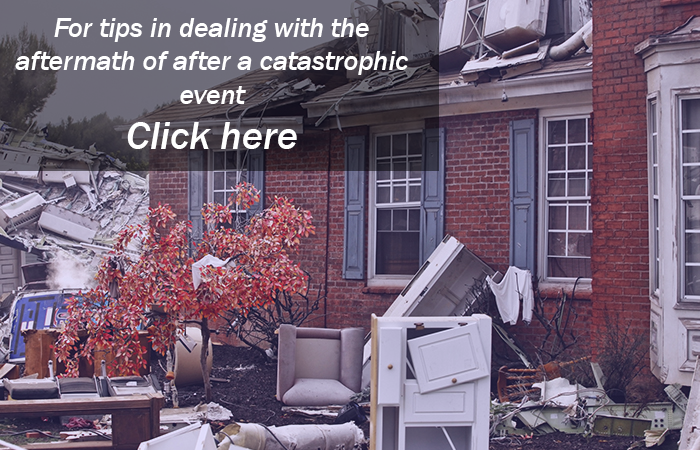As Tropical Storm Isaias rolls up the East Coast, employers are getting a vivid reminder to check their longstanding policies and plans for managing natural disasters. As with so many things this year, the pandemic has changed the way organizations will handle hurricanes and similar disasters.
Because so many employees are working remotely, and with the risks associated with a storm such as Isaias—which threatened to hit Florida as a hurricane before losing steam Saturday—HR leaders will have to adjust their typical response procedures. And, it won’t be over this week. According to the weather team at USAToday, the 2020 hurricane season is predicted to have 140% more hurricane activity than the average hurricane season, with a 69% chance of at least one major hurricane making landfall in the U.S.
However, hurricanes are not the only natural disaster that will require HR leaders to create new strategies. Floods, earthquakes and tornadoes could also affect a company’s ability to continue to be productive.
While most employees are working remotely, they have to focus not just on their jobs, but also on taking care of their families. And when major storms or other natural disasters hit, these employees also have to deal with the aftermath.
At Schneider Electric, putting employee safety comes first, says Mai Lan Nguyen, senior vice president of HR, North America at the global energy-management company, which has about 18,000 employees in the United States.
Related: Here’s what HR can do to prepare for a storm
“We realized after Hurricane Harvey in 2017 that we needed to evolve our safety protocols around natural disasters,” Nguyen says, referring to the Category 4 storm that devastated parts of Texas and Louisiana with flooding. “Back then, we instituted an Emergency Communication System to check on the status of our workers before and after an emergency. It remains in use today.”
This year, natural disaster drills at the company’s sites have been modified for COVID, she says, allowing extra time for social distancing and making accommodations to avoid putting people in crowded shelters during tornado preparedness. Efforts since hurricane season began June 1 have included pre-planning meetings with safety teams and site leaders in coastal states to understand and address any critical issues.
“Employees have also been provided a hurricane preparedness checklist that offers them guidance, safety precautions and evacuation tips they can use to protect themselves and their families in the event of a storm in their area,” Nguyen says.
Related: How this Schneider Electric leader used her experience to manage COVID
Joey Price, CEO of Jumpstart: HR, says the best strategy for making employees feel safe is empathy.
“Employees who work from home face unique challenges in light of a natural disaster,” he says. “There may be a need for employees to pause work in order to vacate their residence or fortify it, and there may be a need for employees to cover the needs of their families and close loved ones.”
 He suggests offering understanding and accommodations if employees need to take time off to protect their family and personal property. “If productivity must remain at a high level, consider establishing relationships with contract/staffing agencies who can help you find support quickly and consider utilizing a remote workforce that is outside the path of the natural disaster area.”
He suggests offering understanding and accommodations if employees need to take time off to protect their family and personal property. “If productivity must remain at a high level, consider establishing relationships with contract/staffing agencies who can help you find support quickly and consider utilizing a remote workforce that is outside the path of the natural disaster area.”
And because natural disasters affect all employees, including HR leaders and business executives, Price says, it’s important to live by the golden rule, especially during this time.
“We all understand that business must go on at the pace dictated by leadership, but remember to check in from a personal standpoint and not just a professional one,” he says. “Provide helpful support like contacts to your insurance providers, EAP and community resources—as well as any internal support that you offer in the event of a natural disaster.”
In times of disaster, people will remember the way they are treated, Price says, so lead with empathy in mind and it will result in a positive lasting impression.